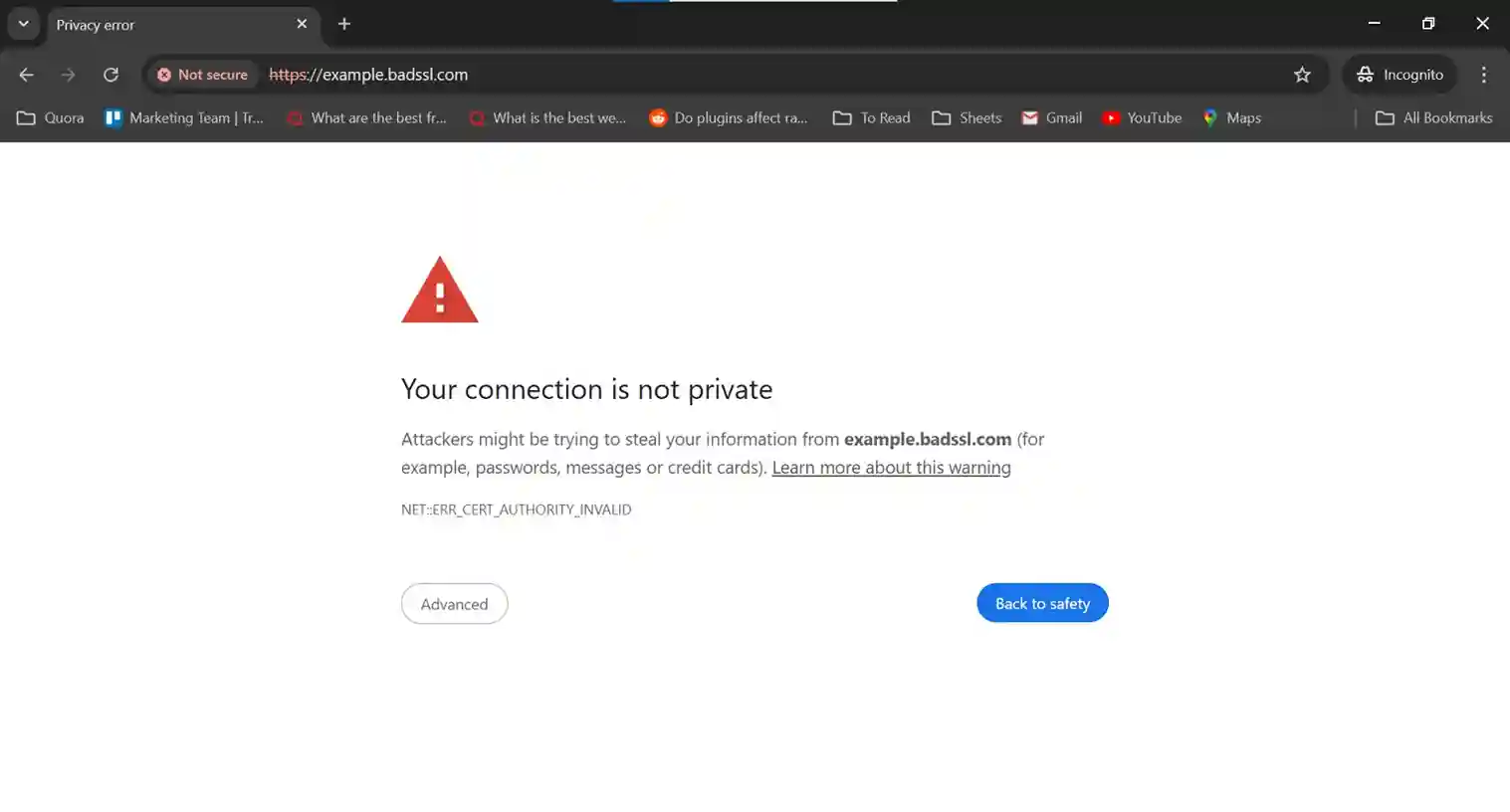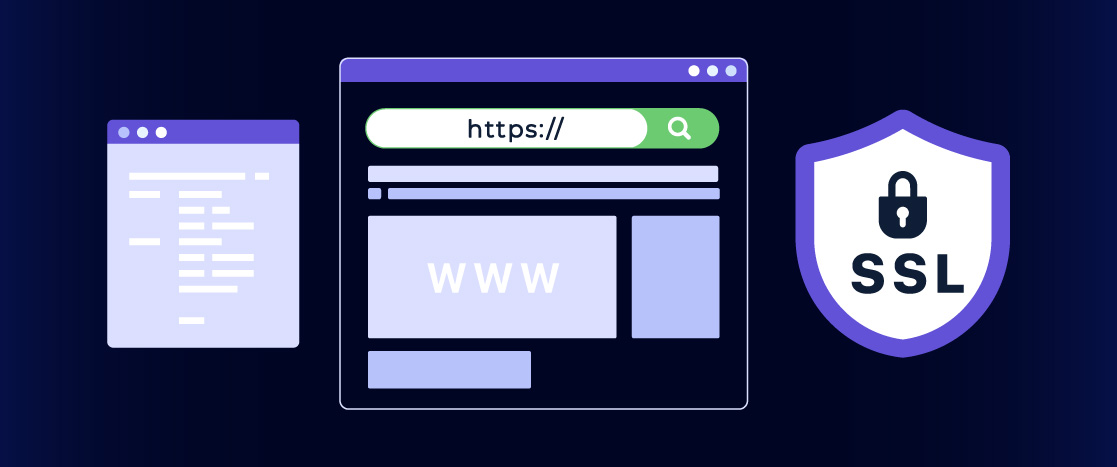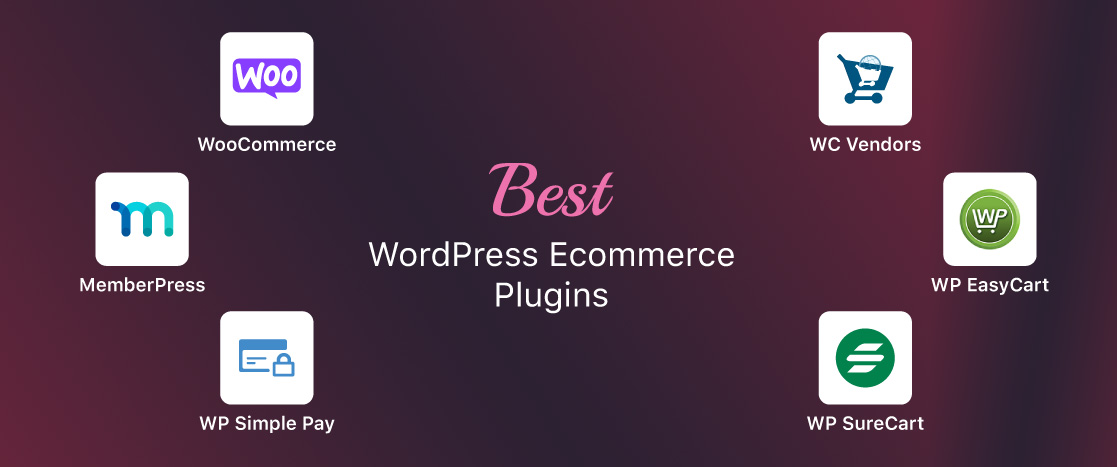Nowadays, website security is more important than ever, especially when it comes to online interactions involving sensitive data. One of the most essential tools for safeguarding these interactions is the SSL certificate, also known as a TLS certificate.
SSL certificates ensure that sensitive information—such as passwords and payment details—remains protected from hackers by encrypting data between a user’s browser and a website.
But what exactly is an SSL certificate, and why is it crucial for both website owners and users? In this article, we’ll explore the function of SSL certificates, the types of SSL certificates explained, and how each can impact your website’s security and build user trust.
What is an SSL Certificate and What Does It Do?
An SSL certificate (also known as a TLS certificate) is a security measure used to encrypt data between a user’s browser and a website. It was first introduced in 1995 by Netscape to secure communication over the Internet. When installed on a website, it enables HTTPS, which ensures that data transferred between the user’s device and the web server is encrypted and protected from unauthorized access.
SSL certificates are responsible for establishing a secure, encrypted link between a web browser and the server it communicates with. This encryption prevents hackers from intercepting sensitive data, such as passwords and payment information. The certificate contains key information, including the website’s public key, the issuing authority’s digital signature, and the domain name for which it’s issued to ensure the authenticity of the server.
By installing an SSL certificate, websites not only secure data transfers but also gain user trust. The presence of SSL is marked by a padlock symbol in the URL bar, signifying that communications are secure, which encourages users to share personal or financial information without concern.
Why do SSL Certificates Matter?
The importance of an SSL certificate goes beyond just encryption. Since 2017, Google and other major search engines have started labeling websites without SSL certificates as “Not Secure.” This warning impacts user trust and can drive potential customers away. In addition, Google uses SSL as a ranking factor, meaning that websites without proper encryption may be penalized in search rankings, lowering visibility.
A properly installed SSL certificate not only secures user data but also improves your site’s SEO and reputation. Major web browsers, like Chrome and Firefox, will display a security alert when visiting a site without an SSL certificate, which could lead to a loss of traffic, revenue, and credibility for your business.

What are the different types of SSL Certificates?
These are the three different types of SSL Certificates, each with different features to secure your website:
- Single-Domain SSL Certificates
- Wildcard SSL Certificates
- Multi-Domain SSL Certificates
Single-Domain SSL Certificate
As the name suggests, a single-domain SSL certificate secures one domain only. It’s valid for a specific Fully Qualified Domain Name (FQDN), like devrims.com or www.devrims.com. All pages within the domain will be secured with this certificate like devrims.com/blogs or devrims.com/features etc.

Wildcard SSL Certificate
A wildcard SSL certificate secures a main domain and all its subdomains. For example, if you buy a wildcard certificate for domain.com, it will automatically cover subdomains like blog.domain.com, store.domain.com, and shop.domain.com.

This type of certificate is perfect for websites with many subdomains, allowing you to secure them all with one certificate. It’s a scalable, cost-effective solution for large websites, saving both time and money compared to purchasing separate certificates for each subdomain.
Multi-Domain SSL Certificate
A multi-domain SSL certificate (also called a Subject Alternative Name (SAN) or Unified Communications Certificate (UCC)) secures multiple domain names with one certificate. This is ideal for businesses or individuals managing several domains, simplifying certificate management.
A multi-domain SSL can cover up to 250 domains, depending on the certificate authority. It can secure both top-level domains and subdomains, making it a flexible and cost-effective choice for managing multiple websites under one certificate.

SSL Certificate Validation Levels
SSL certificates are available in various validation levels, each offering a distinct degree of verification. The validation level dictates how rigorously the certificate authority (CA) assesses the legitimacy of the domain owner. Below is an overview of the three primary validation types:
1. Domain Validation SSL Certificates
Domain Validation (DV) is the simplest and quickest type of SSL certificate. The certificate authority (CA) only verifies that the applicant controls the domain, without checking the organization’s identity. This is typically done by verifying DNS records or sending a confirmation email to the domain owner.
Because there is no organizational verification, DV certificates can be issued instantly, making them both the most affordable and fastest option. They are ideal for personal websites, blogs, or small businesses that need to secure their site without requiring extensive trust verification.
2. Organization Validation SSL Certificate
Organization Validation (OV) offers a more thorough level of verification. In addition to confirming domain ownership, the certificate authority (CA) also verifies the legitimacy of the organization behind the website. The applicant must provide legal documents, such as business registration details to prove they are a legitimate business.
The organization’s name and location are included in the certificate details, which helps build user trust. This level of validation typically takes a few days to complete and is a great choice for businesses that want to establish credibility.
3. Extended Validation SSL Certificate
Extended Validation (EV) certificates offer the highest level of verification. The certificate authority (CA) performs a thorough background check to confirm not only domain ownership but also that the organization is a legitimate, legally registered entity. This process includes verifying the business’s physical existence, legal status, and authorization to use the domain. Additionally, the organization must complete a phone verification.
EV certificates provide the strongest trust indicators, such as a green address bar or a prominent trust seal in the browser. They are typically required for websites handling sensitive information, like eCommerce sites, financial institutions, or any platform where customer trust is crucial. Due to the extensive verification process, EV certificates can take several days to issue and are more expensive than DV or OV certificates.
Conclusion
Understanding types of SSL certificates is crucial for ensuring that your website remains secure, trustworthy, and protected from cyber threats. Whether you opt for a single-domain, wildcard, or multi-domain SSL certificate, each type plays a vital role in securing sensitive information and maintaining your site’s integrity. Choosing the right SSL certificate depends on your specific needs, whether you’re securing a personal blog or managing an extensive online business.
Now that you understand the different SSL certificate options, it’s time to act. Choose the right SSL certificate today to enhance your website’s security, trust, and credibility.








